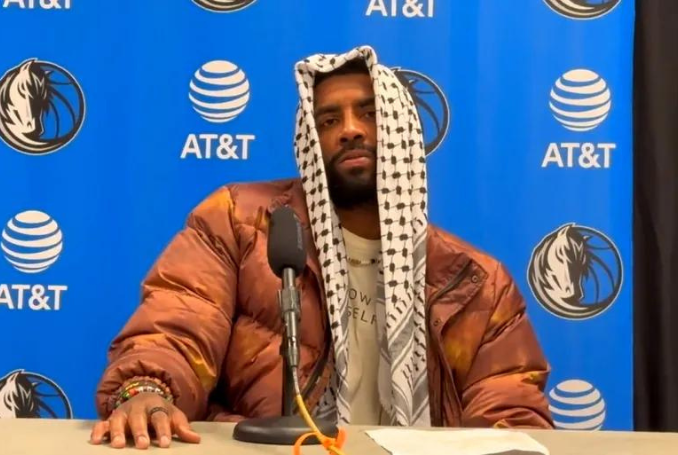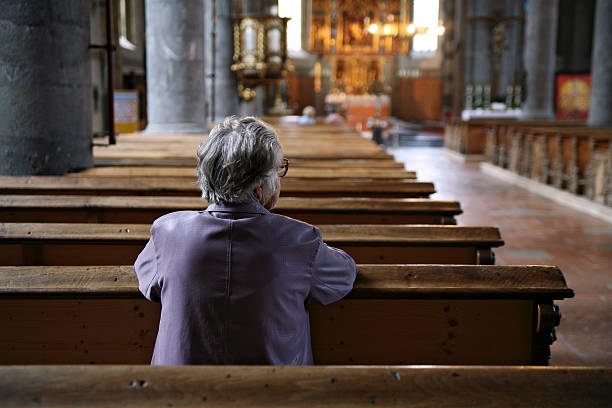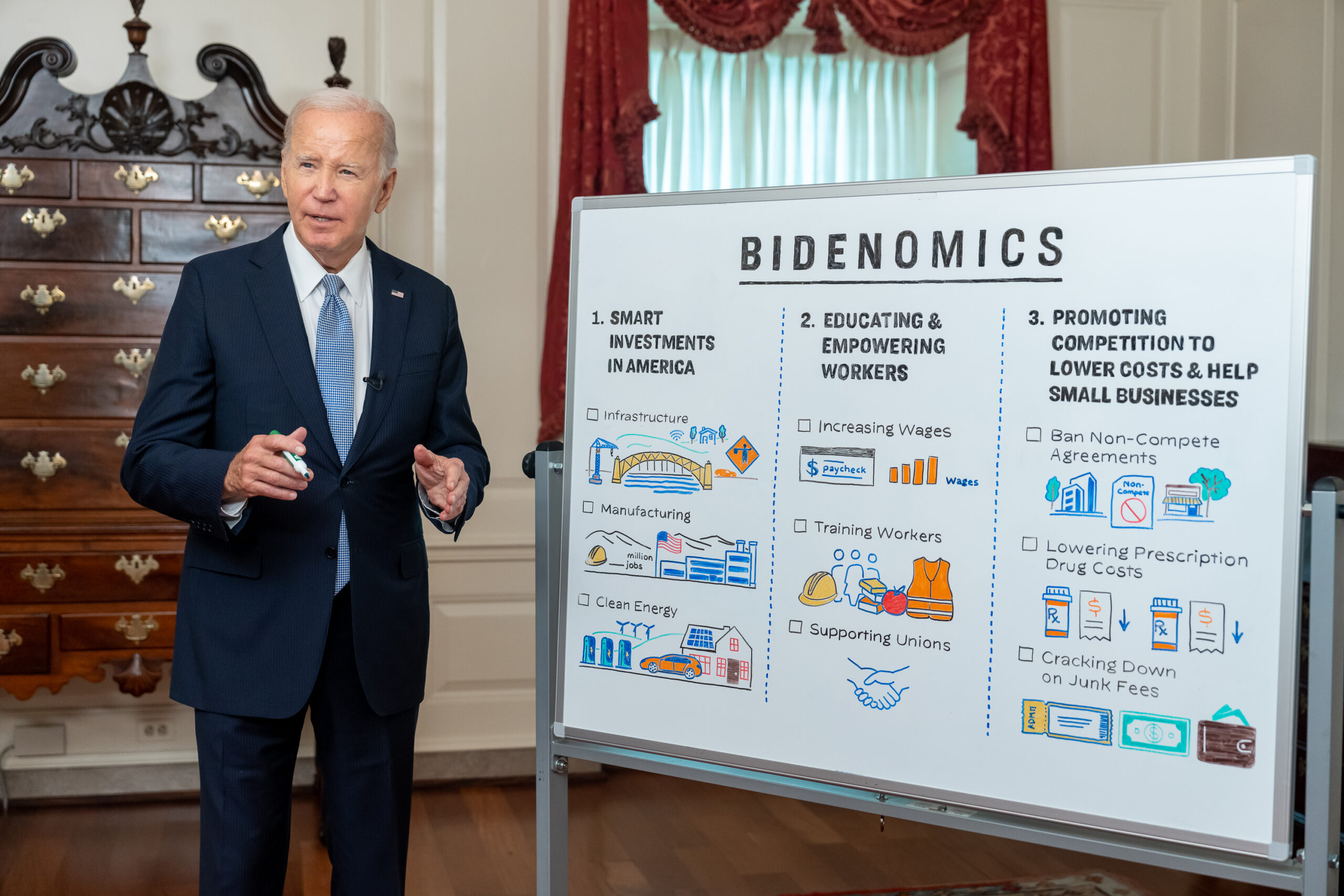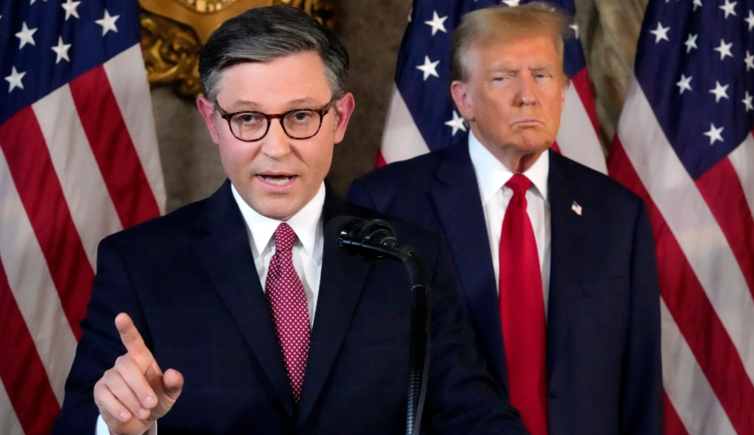(ThyBlackMan.com) Last month, one of professional sports most polarizing people, Kyrie Irving of the NBA’s Dallas Mavericks, made a big political statement without even saying a word. Irving, appeared at his team’s November 18th post-game press conference wearing a black and white keffiyeh. The keffiyeh, worn by Palestinian men and women, has come to symbolize the Palestinian struggle for self-determination, justice and freedom. During the press conference, Irving did not address the headwear as he spoke to reporters after his team’s 132-125 loss to Milwaukee. His actions stand in sharp contrast to former NBA player Amar’e Stoudemire’s Zionist support of Israel and the NBA as a league standing with the people of Israel with no mention of Palestinian people.

It was definitely a strong political statement for Kyrie Irving to show support for Palestinian people through his action but he is far from the first African/Black athlete to make a political statement. Arguably the most memorable political statement by an African/Black athlete of all-time took place nearly 60 years ago in 1968 with the “Black Power Salute” by Olympic sprinters John Carlos and Tommie Smith. There have been plenty of strong political statements by African athletes in the decades since including Venus Williams fighting for equal pay for women in tennis and WNBA players protesting for important social issues over the years. Here’s the top five African/Black athlete political statements of the past 50 years (going from fifth to first):
5. Miami Heat remember Trayvon Martin with hoodie team photo (2012): Back in 2012, the murder of unarmed African/Black teenager Trayvon Martin by neighborhood-watch guard George Zimmerman quietly grew from local Florida news to national news that created discussions about the racial profiling of unarmed African/Black teenage boys and men of any age. In March 2012, the star-studded Miami Heat of Dwyane Wade and LeBron James took a team picture while posing in hooded sweatshirts, commonly called “hoodies,” with their faces obscured, as a protest of the handling of the Trayvon Martin case and the picture was posted on LeBron James’ Twitter account.
4. Colin Kaepernick doesn’t stand for police brutality (2016): During the 2016 NFL season, then-San Francisco 49ers quarterback Colin Kaepernick became the face of the NFL season long discussion about NFL protests of the national anthem that is played before each NFL game. His actions of kneeling during the playing of the national anthem and his words regarding his protesting police brutality made him a polarizing figure all across the country. Being the first NFL player to openly address issues with the treatment of African/Black people as it relates to the U.S. national anthem essentially ended Colin Kaepernick’s NFL career despite his talents at quarterback and he hasn’t played since 2016.
3. Mahmoud Abdul-Rauf’s religious stance disrupts the NBA (1996): Colin Kaepernick’s decision not to stand for the national anthem in 2016 brought up memories of former NBA player Mahmoud Abdul-Rauf’s decision not to stand for the national anthem during the 1995-1996 NBA season, with Abdul-Rauf declaring it would be a violation of his Muslim faith. Mahmoud Abdul-Rauf told reporters the U.S. flag was “a symbol of oppression, of tyranny.” The NBA suspended him for one game before reaching an agreement with Abdul-Rauf that he would stand and pray during the anthem. What separates Abdul-Rauf from Colin Kaepernick is that there was not the social media access that allows Kaepernick to garner support and deliver his message. Abdul-Rauf faced a decidedly anti-Muslim and anti-African/Black media that heavily criticized his actions and altered his NBA career trajectory.
2. Kyrie Irving Wears Palestinian Keffiyeh in support of Palestine (2023): Sports fans are well aware of Kyrie Irving’s proclivity to go against the grain. He has made his strongest statement ever when he donned a traditional Palestinian garment to his postgame press conference last month. The black-and-white keffiyeh is often worn to symbolize solidarity with the Palestinians. He made no vocal pronouncements about the situation in Gaza, discussing only what had happened on the court during the game he just played but Irving’s public act of supporting Palestine had to anger the Zionist NBA in a major way.
1. Craig Hodges’s letter for the White House (1992): When the Chicago Bulls visited the White House after winning the 1992 NBA Championship, you would think the story would be about superstar Michael Jordan but you would be wrong. Bulls guard Craig Hodges wore a dashiki to the White House and delivered an eight-page letter to U.S. president George H.W. Bush’s staff. The letter urged Bush and his administration to create more opportunities for Africans in the U.S. Unsurprisingly, Hodges was never signed by an NBA team after that letter incident despite his notable three-point shooting ability. His courage to make that request in the White House, for his people, puts him at the top of this list.
Staff Writer; Mark Hines




















Leave a Reply